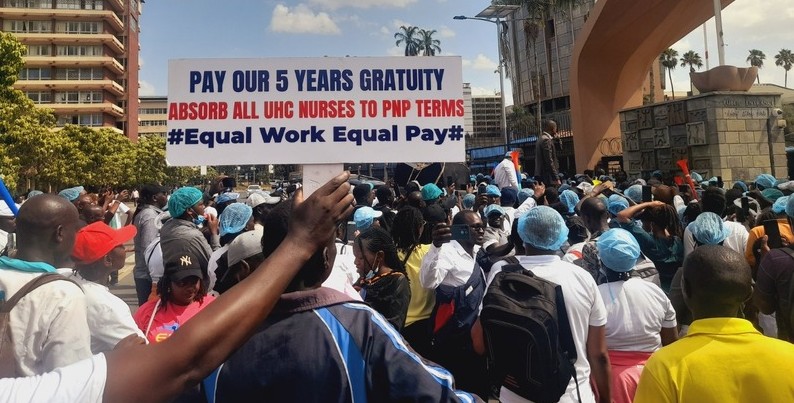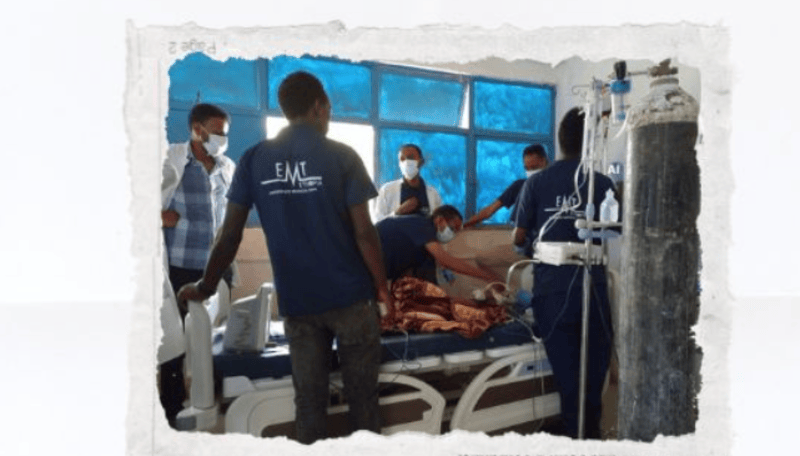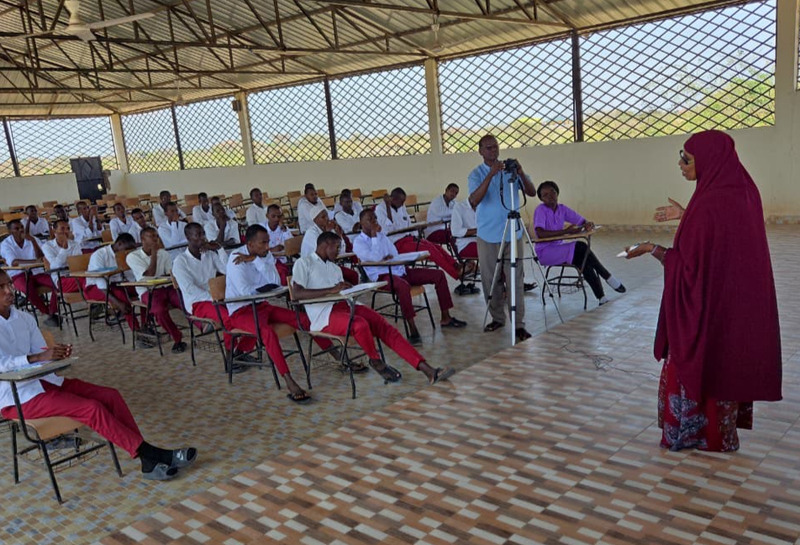Attend antenatal clinics to stem fistula, expectant women urged

He said at least 10 cases are reported annually though the number could be higher as a number of expectant women shun hospitals and deliver at home.
A gynaecologist based at Marsabit County Referral Hospital has asked expectant women to religiously attend antenatal clinics to help reduce cases of rectovaginal and vesicovaginal fistula.
A rectovaginal fistula is an abnormal connection between the rectum and vagina which can result in the passage of gas or stool through a tract while vesicovaginal fistula is a rare condition that occurs when there is an abnormal connection between the bladder and the vagina, resulting in urinary leakage from vagina.
More To Read
- Genetic tests for cancer can give uncertain results: new science is making the picture clearer to guide treatment
- What chaos at the US CDC could mean for the rest of the world
- Hospitals get Sh3.4 billion boost as SHA settles insurance claims
- White rice vs. Brown rice: Nutritionist weighs in on the health debate
- Breeding grounds for danger: How improper waste management drives disease transmission
- Ozempic and other weight-loss drugs linked to rare but serious eye conditions
Dr Eric Simiyu says many pregnant women rarely attend the clinics and only show up at the hospital when they have complications or while nearing delivery, making it hard to discover any existing complications.
“Many ostensibly avoid the hospital for fear of being told they will deliver through the caesarian section (CS) and treat any emerging illnesses at home only to develop complications during delivery,” Dr Simiyu said.
He revealed that prolonged labour, obstetrical injury, pelvic trauma as well as infections and previous surgeries may increase the risk of developing rectovaginal fistula during pregnancy.
“It is by visiting the hospital that they will be able to know the causes, risks and symptoms of RVF and VVF and get appropriate treatment and care,” he noted.
The medic said teen mothers were at a high risk of developing fistula as their tissues and bones were not strong enough and that the majority of them experience a difficult childbirth.
Reports show trauma during childbirth may cause damage to the bladder and vagina, leading to the formation of a fistula and that sexual abuse or assault may also cause VVF in pregnant women.
He said at least 10 cases are reported annually though the number could be higher as a number of expectant women shun hospitals and deliver at home.
“Lack of information remains the biggest impediment in the campaign because those at the grassroots are not aware of the condition and unknowingly treat it using traditional medicine,” he said.
During an interview with Marsabit’s Radio Jangwani FM, the doctor said there was no cause for alarm as the condition was treatable, majorly through surgery.
“The clinics also help expectant women know the state of the unborn child which is crucial during the pregnancy”.
The medic also implored parents with daughters aged 9-14 years to have them take HPV jabs to protect them against exposure to Cervical Cancer.
Other Topics To Read
Top Stories Today















































